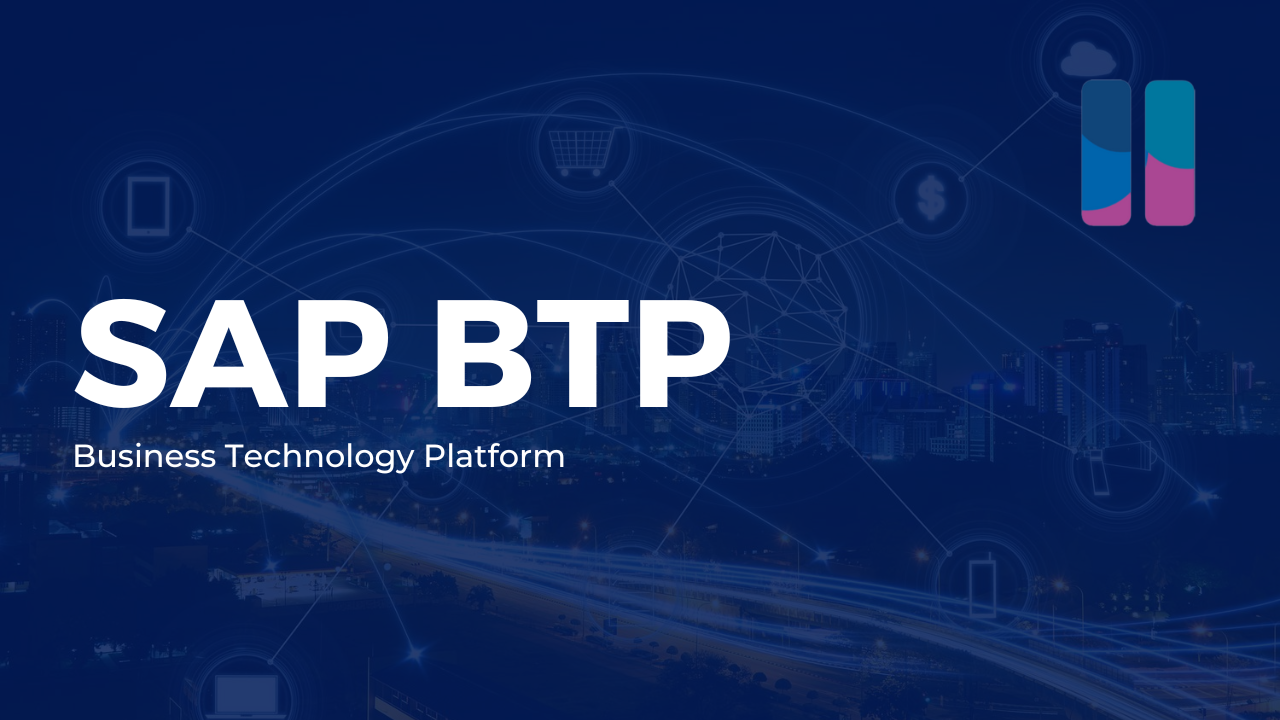Introduction
In an era where food safety is paramount, organizations in the food industry must adhere to strict regulations and standards. ISO 22000 is an internationally recognized standard that outlines the requirements for a food safety management system (FSMS). Lead auditor training in ISO 22000 equips professionals with the necessary skills to assess, evaluate, and enhance food safety practices within organizations. This article delves into the importance of ISO 22000 lead auditor training, the competencies gained, and how this training translates knowledge into actionable outcomes that drive success in food safety management.
Understanding ISO 22000
What is ISO 22000?
ISO 22000 is a standard that provides a framework for organizations to ensure food safety throughout the food supply chain. It integrates principles from Hazard Analysis and Critical Control Points (HACCP) and includes elements such as management commitment, employee training, and continuous improvement. The standard is applicable to all organizations in the food chain, from producers to consumers, ensuring that food is safe to eat.
Key Components of ISO 22000
ISO 22000 encompasses several critical components, including:
- Interactive Communication: Ensuring effective communication among all stakeholders in the food supply chain.
- System Management: Establishing an FSMS that integrates food safety principles into the organization’s operations.
- Prerequisite Programs (PRPs): Implementing basic conditions and activities that are necessary to maintain a hygienic environment.
- HACCP Principles: Identifying hazards, assessing risks, and establishing control measures to ensure food safety.
Understanding these components is essential for professionals seeking to become lead auditors.
The Importance of Lead Auditor Training
Bridging the Gap Between Theory and Practice
ISO 22000 lead auditor training is designed to bridge the gap between theoretical knowledge and practical application. While professionals may understand food safety concepts, effective auditing requires the ability to apply this knowledge in real-world scenarios. Training provides participants with the tools and techniques to conduct thorough audits, assess compliance, and drive improvements in food safety practices.
Enhancing Professional Credibility
Obtaining certification as a lead auditor in ISO 22000 enhances a professional’s credibility within the industry. It signals a commitment to food safety excellence and a deep understanding of the standards and practices necessary for effective food safety management. This recognition can open doors to new career opportunities and positions of responsibility.
Fostering a Culture of Food Safety
Lead auditors play a vital role in promoting a culture of food safety within organizations. Through their training, they become advocates for best practices, helping to instill a mindset focused on continuous improvement and proactive risk management. This cultural shift is essential for maintaining high standards of food safety and compliance.
Key Competencies Gained Through Training
Audit Planning and Preparation
One of the fundamental skills developed during ISO 22000 lead auditor training is the ability to plan and prepare for audits effectively. Trainees learn how to define the audit scope, develop audit plans, and identify relevant documentation. This planning phase is crucial for ensuring that audits are comprehensive and focused on critical areas of food safety.
Conducting Effective Audits
The training equips participants with techniques for conducting audits that assess compliance with ISO 22000 standards. This includes interviewing staff, observing processes, and reviewing documentation. Lead auditors learn how to gather and analyze evidence to evaluate the effectiveness of the FSMS, ensuring that food safety practices are being followed.
Reporting Findings and Recommendations
Effective communication is essential for lead auditors. Trainees develop skills in documenting audit findings clearly and concisely. They learn how to prepare comprehensive audit reports that highlight strengths, weaknesses, and recommendations for improvement. This reporting process is vital for informing management and driving necessary changes in food safety practices.
Implementing Corrective Actions
Lead auditors are responsible for ensuring that corrective actions are taken in response to audit findings. Training provides them with the knowledge to facilitate the implementation of these actions and monitor their effectiveness. This proactive approach helps organizations address non-conformities and continuously improve their FSMS.
The Path from Knowledge to Action
Translating Training into Real-World Impact
ISO 22000 lead auditor training empowers professionals to translate their knowledge into actionable strategies that enhance food safety. By applying auditing principles in their organizations, lead auditors can identify gaps in compliance, recommend improvements, and foster a culture of accountability.
Case Studies and Practical Applications
Training often incorporates case studies and practical applications to illustrate the real-world impact of lead auditors. Participants engage in simulations that mimic actual auditing scenarios, allowing them to practice their skills and learn from experienced auditors. These hands-on experiences enhance confidence and readiness for real audits.
Continuous Improvement and Feedback Loops
A critical aspect of successful food safety management is the establishment of continuous improvement processes. Lead auditors are trained to implement feedback loops that ensure lessons learned from audits are incorporated into ongoing practices. This commitment to continuous improvement drives long-term success in food safety management.
Benefits of ISO 22000 Lead Auditor Training
Improved Food Safety Practices
Organizations that invest in ISO 22000 lead auditor training benefit from improved food safety practices. Trained auditors can identify potential hazards, assess risks, and ensure that effective control measures are in place. This proactive approach minimizes the likelihood of food safety incidents and enhances consumer trust.
Increased Regulatory Compliance
With stringent regulations governing the food industry, compliance is crucial for success. ISO 22000 lead auditors are well-versed in regulatory requirements, enabling organizations to maintain compliance with relevant laws and standards. This not only protects the organization from potential penalties but also enhances its reputation in the market.
Enhanced Operational Efficiency
By streamlining auditing processes and implementing best practices, organizations can achieve greater operational efficiency. Lead auditors identify inefficiencies in current practices and recommend improvements that lead to better resource utilization and reduced waste. This efficiency ultimately translates to cost savings and increased profitability.
Strengthened Market Position
Achieving ISO 22000 certification and employing trained lead auditors strengthens an organization’s position in the market. Certification demonstrates a commitment to food safety, which can differentiate the organization from competitors. This enhanced reputation can lead to increased customer loyalty and new business opportunities.
Conclusion
ISO 22000 lead auditor training is a critical investment for professionals seeking to enhance food safety management within their organizations. By bridging the gap between knowledge and action, this training equips auditors with the skills and competencies necessary to conduct effective audits, promote best practices, and drive continuous improvement.
The benefits of ISO 22000 certification extend beyond compliance; they contribute to improved food safety, increased customer satisfaction, and strengthened market positions. As the food industry continues to evolve, trained lead auditors will play a pivotal role in ensuring that organizations uphold the highest standards of food safety, ultimately protecting consumers and enhancing public health. Embracing ISO 22000 principles is not just a matter of compliance; it is a commitment to excellence and a proactive approach to food safety management.



